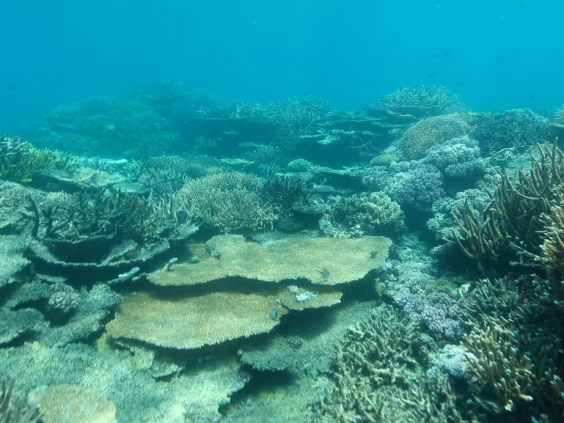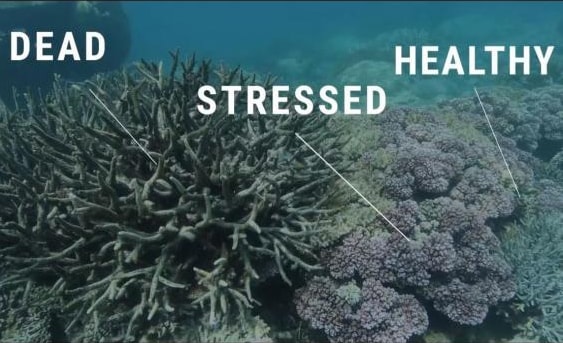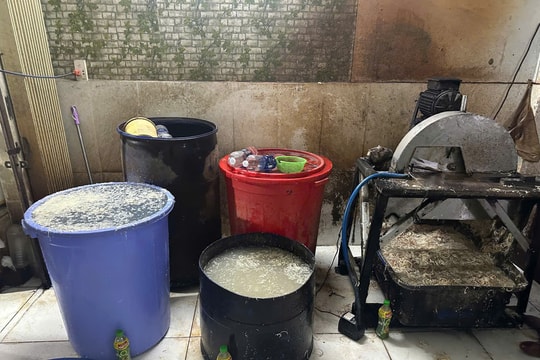Contrasting images of coral reefs facing destruction from climate change
New images of the world's largest coral reef, the Great Barrier Reef, show just how badly climate change has damaged coral.
The world's largest coral reef system, stretching more than 22,000km off the Australian coast, is being severely affected by rising water temperatures.
In May, scientists found that more than a third of the coral in the central and northern parts of the reef had died and 93% of the corals had been affected by bleaching caused by hot water. When this happens, corals stop growing and often die.
 |
| Beautiful old image of the Great Barrier Reef (Photo: Climate Council) |
 |
| and images of death at the world's largest coral reef (Photo: Climate Council) |
“After the bleaching in May, 60% of the corals were severely bleached,” said Amanda McKenzie, chief executive of the Climate Council Australia. “Another 19-20% were covered in mudflats. The healthy ones were on the edges. When we went back a few weeks ago to see if they had recovered or died, the majority had died.”
McKenzie estimates that about half of the corals in the area they surveyed were bleached. While healthy brain corals mostly survived, many weaker species, such as sea corals, died. Some of the rare fish that still live on the reefs were also affected.
 |
| Different conditions of coral at the Great Barrier Reef (Photo: Climate Council) |
The Great Barrier Reef is worth around $6 billion to the tourism industry, with 65,000 to 70,000 people working in the industry. The reef is a natural wonder of the world.
Travel agency owner John Rumney said tourists were still coming to the reefs, but tourism would definitely be affected in the long term.
Corals that have bleached but not died have the potential to recover; however, for severely bleached reefs, it may take decades to regain their original appearance.
Ms McKenzie said that although nearly 1,000km of reefs were being severely affected, the worst damage was in areas with few people, so it was likely to be left off the agenda. She said this could cause ecosystem loss.
According to vntinnhanh
| RELATED NEWS |
|---|




